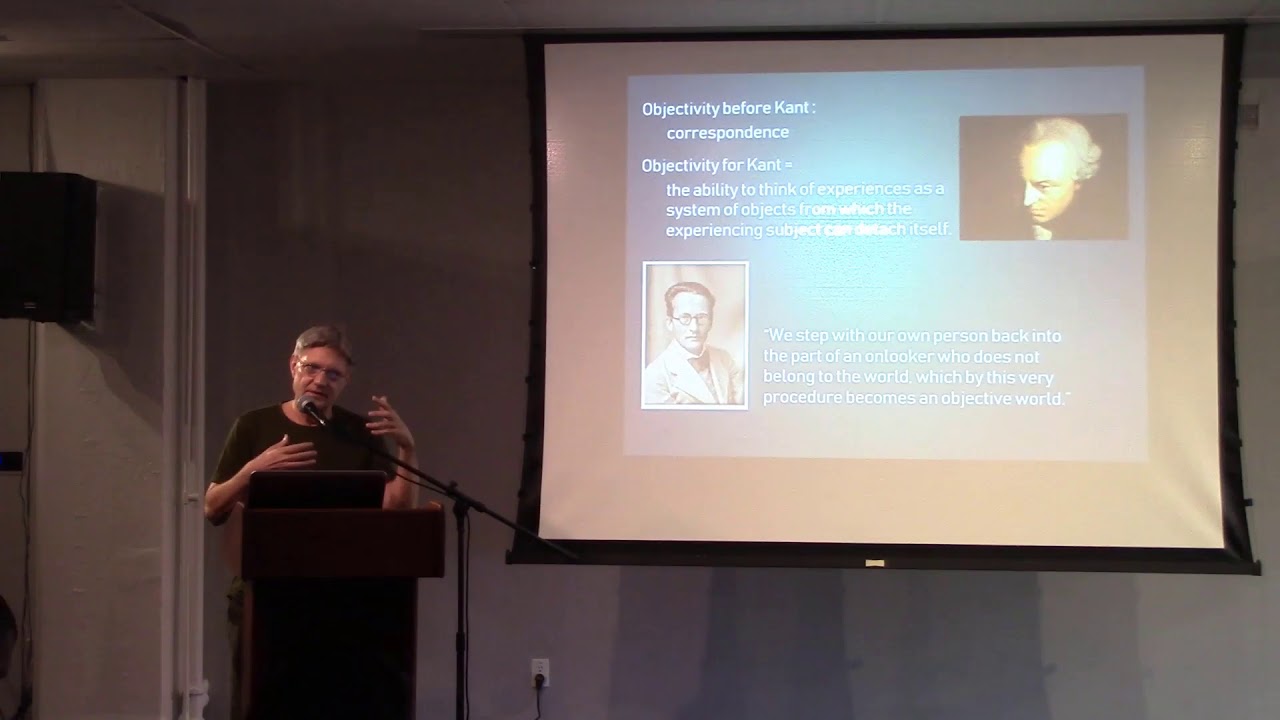CIIS EWP
Hosted by the East West Psychology Department in the California Institute of Integral Studies on October 21st, 2019.
Since the earliest days of this theory, consciousness has been invoked — like a deus ex machina — to explain the seemingly inexplicable. But consciousness itself poses an even bigger problem, the “paradox of human subjectivity” (Husserl): how can I be at once a subject for which the world exists and an object that exists in the world? It is becoming increasingly clear that the quandaries created by quantum mechanics cannot be resolved unless this conundrum about consciousness is first solved. To those who know Erwin Schrödinger as the discoverer of the eponymous equation at the heart of quantum mechanics (as all physicists do) or as the inventor of the eponymous cat paradox (as many non-physicists do), it may come as a surprise that Schrödinger offered a solution to this conundrum. It is based on his belief that “the multiplicity of minds or consciousnesses is only apparent, in truth there is only one mind. This is the doctrine of the Upanishads. And not only of the Upanishads.” This talk will (a) outline Schrödinger’s solution to the consciousness conundrum and (b) indicate the manner in which quantum mechanics comes into that story (which he did not address).
Bio:
Ulrich Mohrhoff studied physics at the University of Göttingen, Germany, and at the Indian Institute of Science in Bangalore, India. He has pursued independent research in the foundations of physics and at the interface of physics and Indian philosophy/psychology. He has published original research in various peer reviewed journals and is the author of a textbook, The World According to Quantum Physics.
Source


